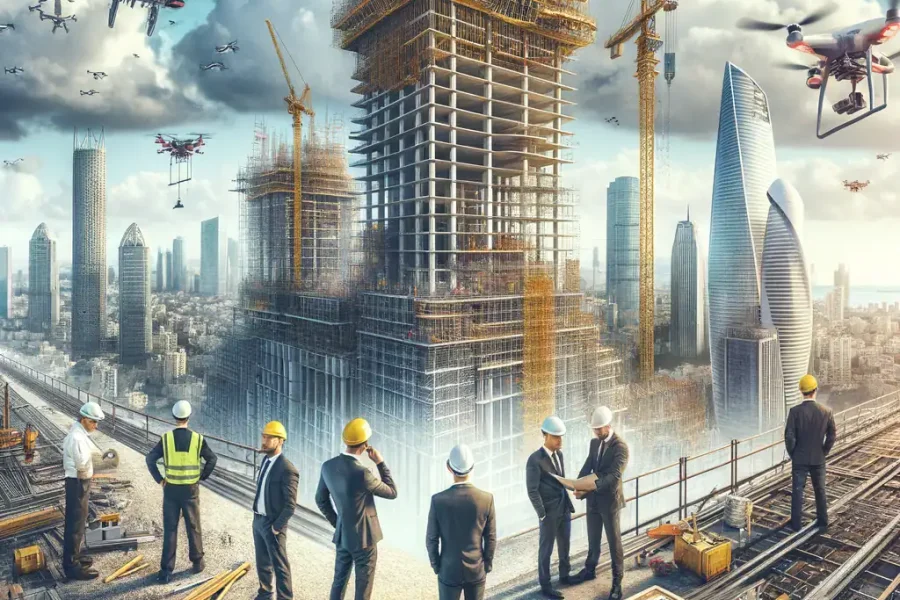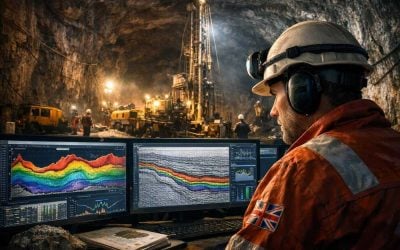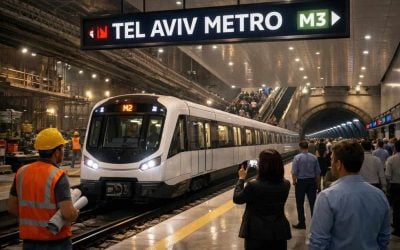Israel’s construction industry is grappling with a significant workforce shortage following the suspension of permits for Palestinian laborers from the West Bank, a move prompted by heightened security concerns in the wake of recent violence. The decision has left critical infrastructure projects stalled and private construction sites across the country in limbo.
From the congested motorways of Tel Aviv to development zones in outlying areas, the impact is visible. An unfinished interchange towering above one of the city’s busiest highways serves as a stark example. Without workers to complete the project, the junction remains suspended in time—its skeletal framework a symbol of both halted progress and the wider implications of the labor disruption.
For years, the construction sector in Israel has relied heavily on Palestinian laborers, who comprised a significant portion of the workforce. Their skill and experience helped power an industry that not only builds residential housing but also drives large-scale infrastructure projects vital to Israel’s economy. The abrupt halt to their participation has created an acute labor gap, sending contractors scrambling to find alternative solutions.
Israeli construction firms have already begun exploring options to bridge the gap. Some are looking to foreign workers, particularly from countries like Thailand, China, and Eastern Europe, while others are seeking to attract more Israeli citizens to the industry. However, these efforts take time, and the industry is feeling the strain. Developers warn that delays will lead to increased costs, which could ultimately ripple through the housing market, further exacerbating the ongoing affordability crisis.
Despite these challenges, many in Israel emphasize the necessity of prioritizing national security. The current labor restrictions, though economically disruptive, are seen as a vital step in ensuring the safety and stability of the country during a time of heightened tensions. The dilemma has placed contractors and policymakers in a difficult position: how to sustain economic growth and address infrastructure needs while safeguarding security.
Meanwhile, the cranes dotting Israel’s skyline—once symbols of rapid growth—stand immobile. In the bustling metropolitan areas and beyond, the sights and sounds of construction have been replaced by a telling silence, underscoring the complex interplay between economic demands and national priorities.





